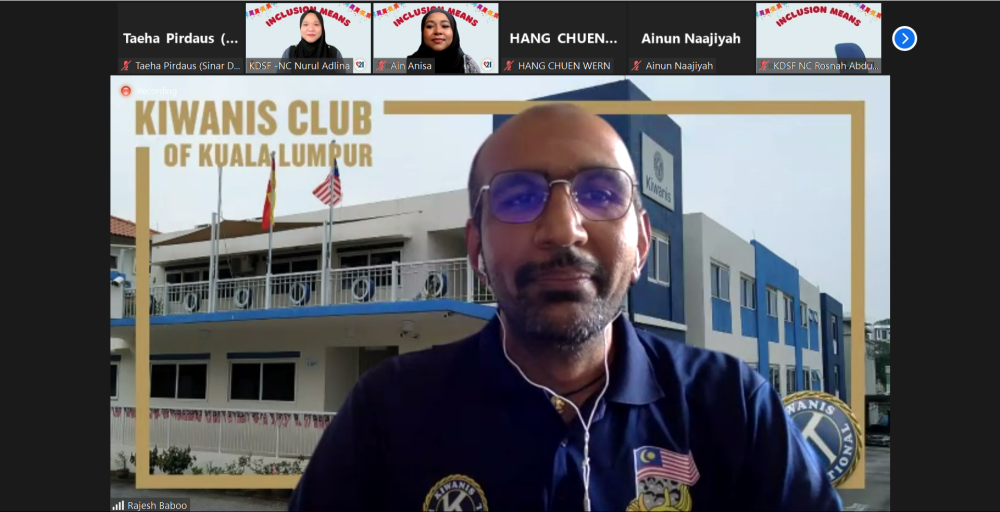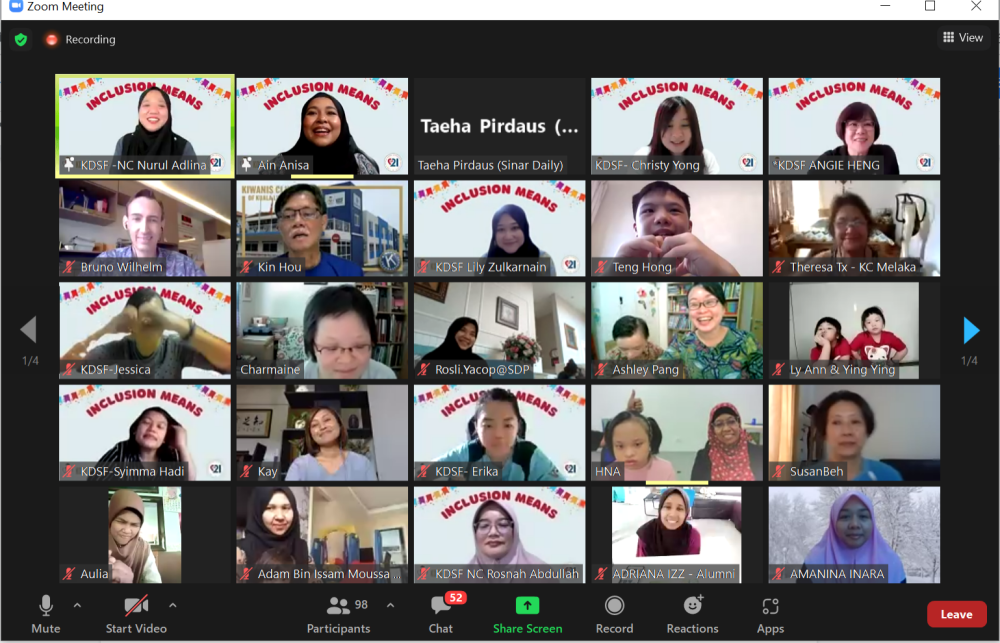Inclusive education for equal opportunities
SITI NURFATIHAH PIRDAUS

The World Down Syndrome Day this year was all about advocating for inclusion, to ensure those with Down Syndrome are given equal opportunities to fully participate in society.
One of the topics discussed during an online event by Kiwanis Down Syndrome Foundatin (KDSF) – National Centre, was the difference between inclusive and mainstream education and what better suits children with special needs.
According to a senior consultant paediatrician, Datuk Dr Amar-Singh, he said inclusive education sits on the premise of a teaching model that allows all students, regardless of their ability to learn together in the same environment. The aim for this is for all students to get fair treatment and equal opportunities.
The student would be able to engage and interact with peers, and is treated as a valued and respected member in the classroom.
One of its many driving principles is to ensure the students are supported and appropriately challenged.
Meanwhile, he said mainstream education demands them to a set of abilities just like their peers. They are expected to keep up with existing curriculum, usually has no meaningful interaction with their peers and is looked upon as helpless, needy and dependent.
This puts an emphasis on how children with down syndrome deserve to be included in the education system with equal treatment with their peers in the same classroom.
Chairman of KDSF-National Centre, Rajesh Baboo stated that KDSF-National Centre has come so far in their mission to aid children with down syndrome.
“From its humble beginning in 1989 in Jalan Gasing, PJ, we had progressed to become an established organisation and have established centres in Malaysia run by other Kiwanis Clubs with the aim to help our children to achieve their potential and assist them to be included in kindergartens.
“We will continue to work together with parents with the support of everyone in empowering people around us to advocate full inclusion for our children in society,” he said.









